With the midterm election approaching, political science professor at Catawba College Dr. Michael Bitzer says North Carolina is seeing a growing trend of millennials removing themselves from party affiliations.
Bitzer calls this the “rise of the unaffiliated voter,” which is now the second-largest voter block in the state behind Democrats.
This could be a direct symptom of the extremely polarizing political climate of the moment, which Bitzer said has reached a “hyper-level”.
“I think it could be particularly a generational phenomenon,” said Bitzer. “Millennials could be eschewing the party labels, saying, ‘I don’t want to be associated with that particular political party.’”
Despite the growing trend of unaffiliated voters in the state, Bitzer said that unaffiliated voters still tend to show strong partisanship.
“If [voters] say they’re independent, but they lean to the Democratic Party or they lean to the Republican Party, they are often times just as partisan as those folks who strongly identify with a political party,” said Bitzer.
This trend has led to an increased importance of primary elections and begs the question of whether North Carolina will move toward closed primaries. North Carolina currently allows unaffiliated voters to participate in either the Republican or Democratic primary elections. Voters can participate in either party’s primary but not both.
This change would have to come at the state level, but Bitzer believes a desire for ideological purity could push the parties in this direction.
“Now the big question in my mind going forward for the political parties in North Carolina is will they continue to allow unaffiliated voters to potentially come in and sway a political party one way or the other, or will they close off and say ‘no you can only be a registered member of our party to vote in our primary,” said Bitzer.
There are currently 13 states with closed primaries.

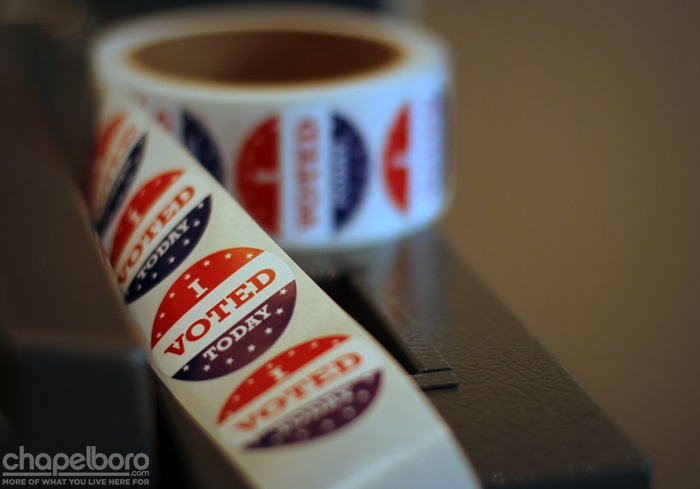
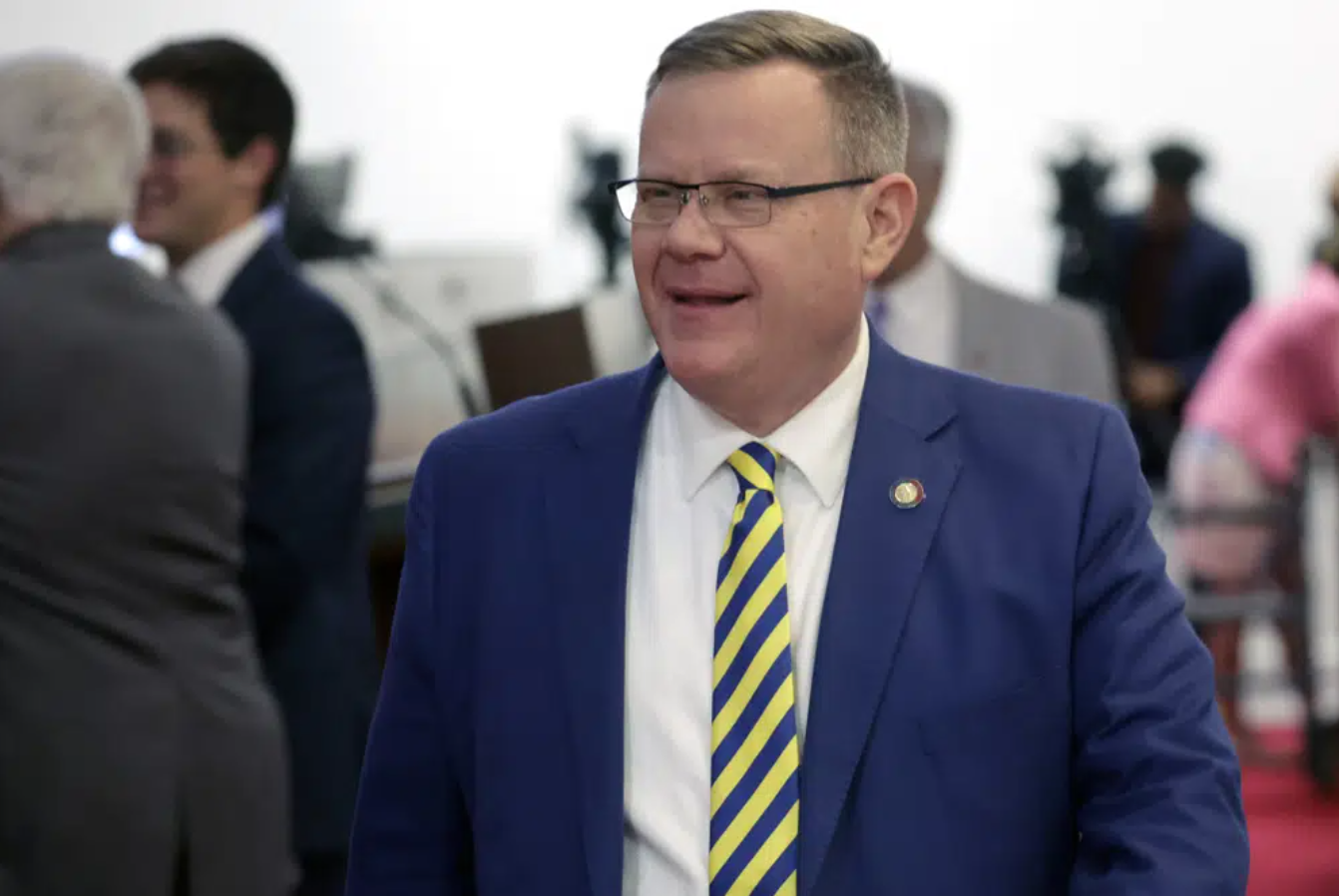
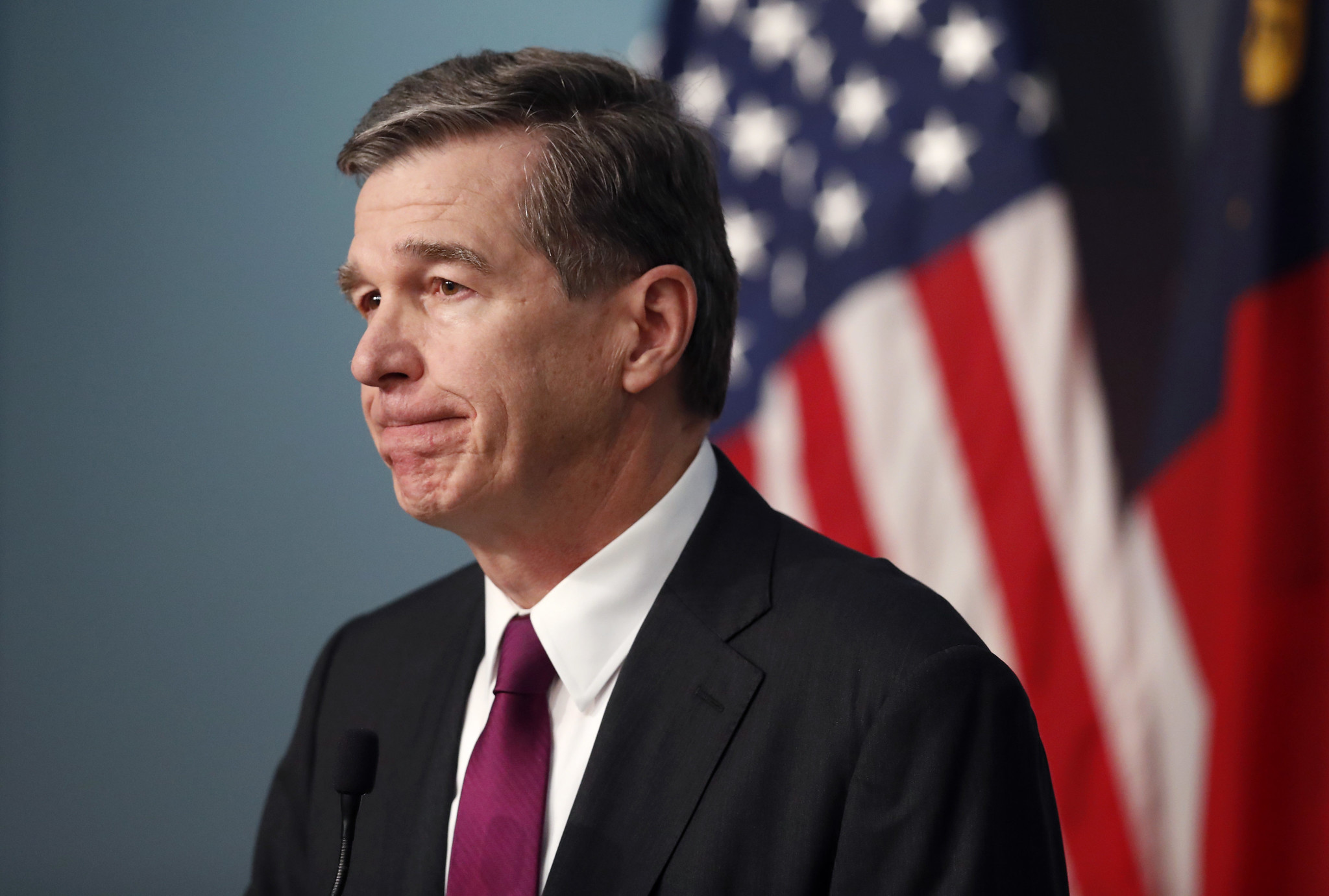
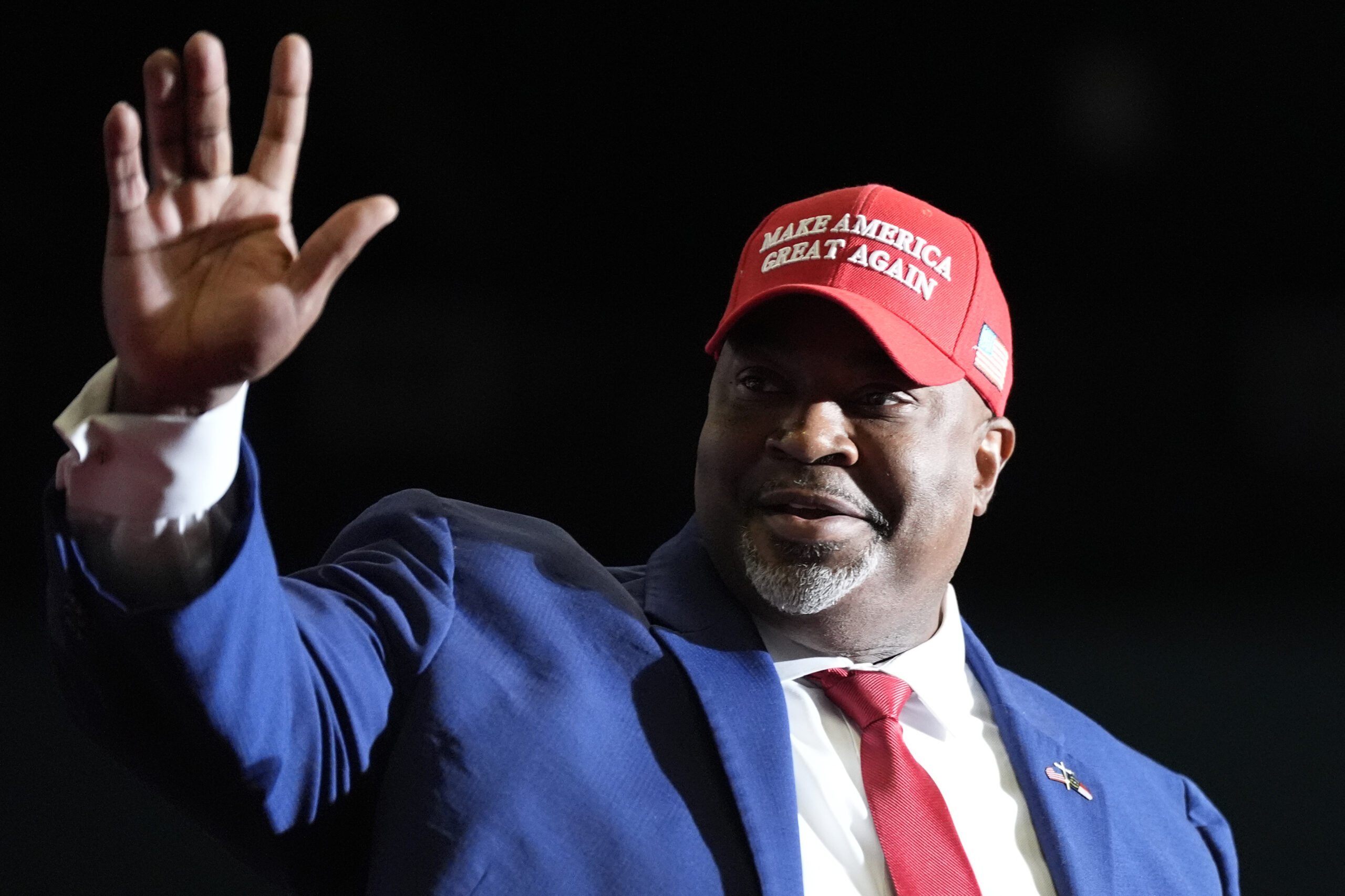
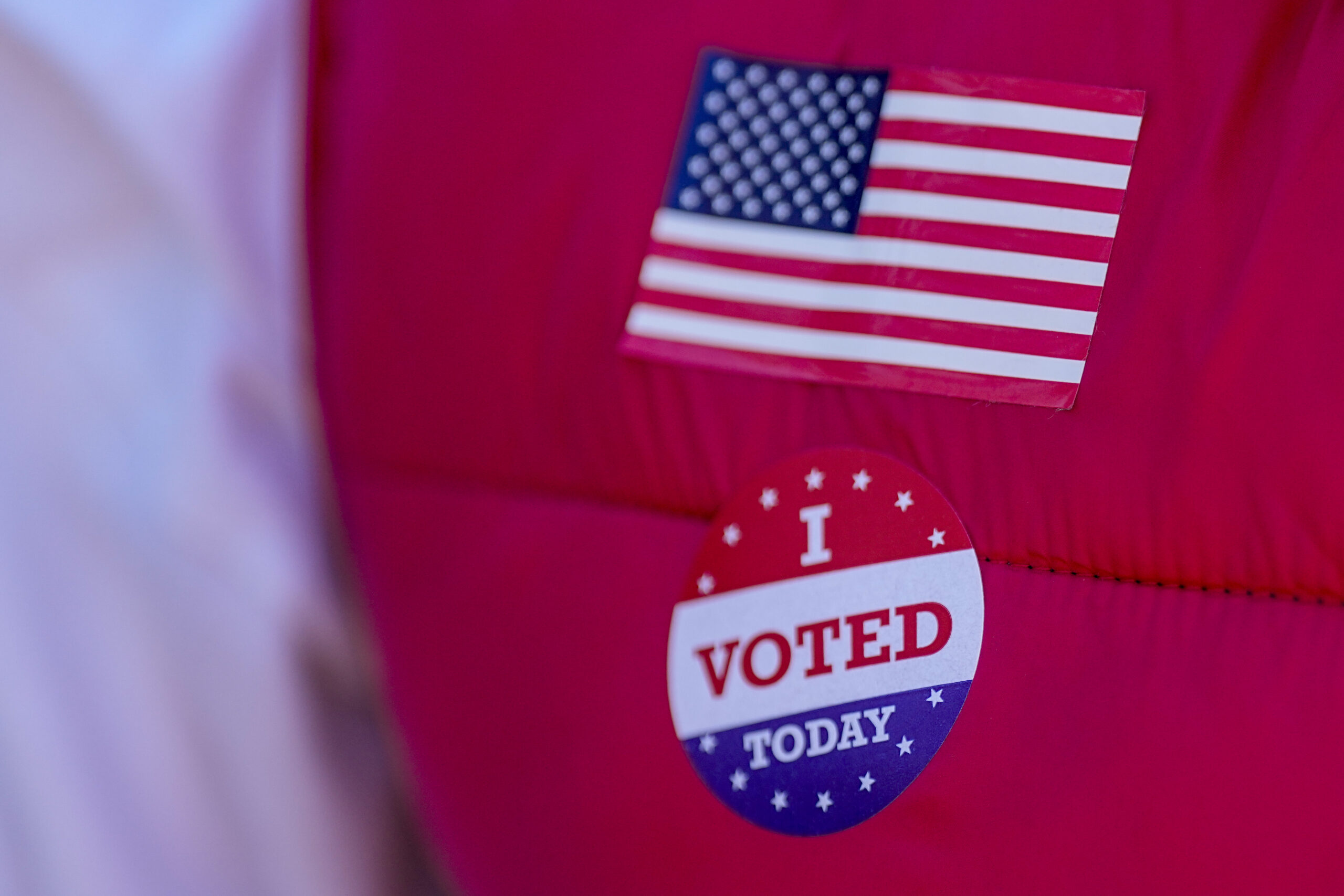

Comments on Chapelboro are moderated according to our Community Guidelines